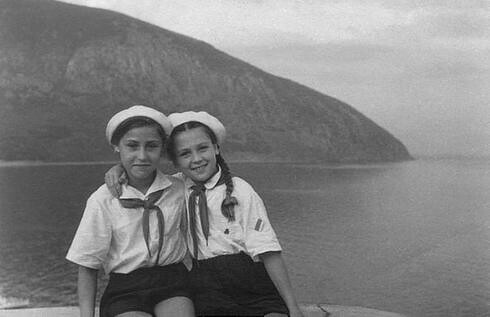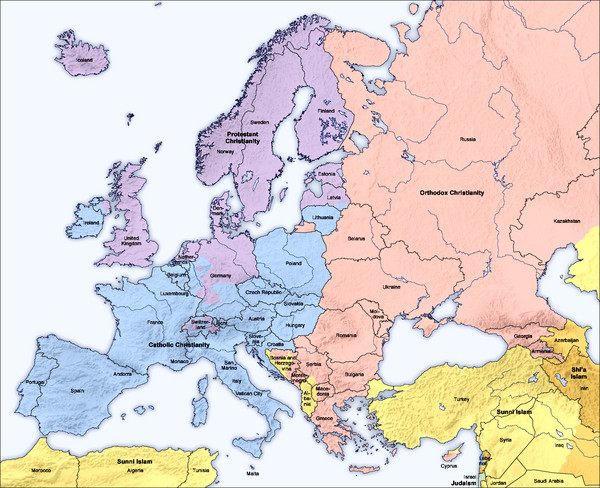

![]() by The European Soviet » Fri Apr 08, 2011 9:35 am
by The European Soviet » Fri Apr 08, 2011 9:35 am

![]() by The European Soviet » Fri Apr 08, 2011 9:39 am
by The European Soviet » Fri Apr 08, 2011 9:39 am


![]() by The European Soviet » Fri Apr 08, 2011 9:42 am
by The European Soviet » Fri Apr 08, 2011 9:42 am

![]() by The European Soviet » Fri Apr 08, 2011 9:43 am
by The European Soviet » Fri Apr 08, 2011 9:43 am

![]() by The European Soviet » Fri Apr 08, 2011 9:44 am
by The European Soviet » Fri Apr 08, 2011 9:44 am




![]() by The European Soviet » Fri Apr 08, 2011 9:48 am
by The European Soviet » Fri Apr 08, 2011 9:48 am


![]() by The European Soviet » Fri Apr 08, 2011 9:49 am
by The European Soviet » Fri Apr 08, 2011 9:49 am


![]() by The European Soviet » Fri Apr 08, 2011 9:51 am
by The European Soviet » Fri Apr 08, 2011 9:51 am

![]() by The European Soviet » Fri Apr 08, 2011 9:51 am
by The European Soviet » Fri Apr 08, 2011 9:51 am


![]() by The European Soviet » Fri Apr 08, 2011 9:53 am
by The European Soviet » Fri Apr 08, 2011 9:53 am


![]() by The European Soviet » Fri Apr 08, 2011 9:56 am
by The European Soviet » Fri Apr 08, 2011 9:56 am


![]() by The European Soviet » Fri Apr 08, 2011 9:58 am
by The European Soviet » Fri Apr 08, 2011 9:58 am



![]() by The European Soviet » Fri Apr 08, 2011 10:00 am
by The European Soviet » Fri Apr 08, 2011 10:00 am

![]() by The European Soviet » Fri Apr 08, 2011 10:00 am
by The European Soviet » Fri Apr 08, 2011 10:00 am


![]() by The European Soviet » Fri Apr 08, 2011 10:04 am
by The European Soviet » Fri Apr 08, 2011 10:04 am













































![]() by The European Soviet » Fri Apr 08, 2011 10:07 am
by The European Soviet » Fri Apr 08, 2011 10:07 am

![]() by The European Soviet » Sat Apr 09, 2011 12:05 pm
by The European Soviet » Sat Apr 09, 2011 12:05 pm
Brigandes wrote:Brigandes applauds its friend the USRES for it's long history and glorious culture.
Advertisement
Return to Factbooks and National Information
Users browsing this forum: Google [Bot], Khedivate-of-Egypt, Marquesan, Notricia, Nu Elysium, Prussia Republican Kingdom, Socalist Republic Of Mercenaries, The Indios Bravos
Advertisement